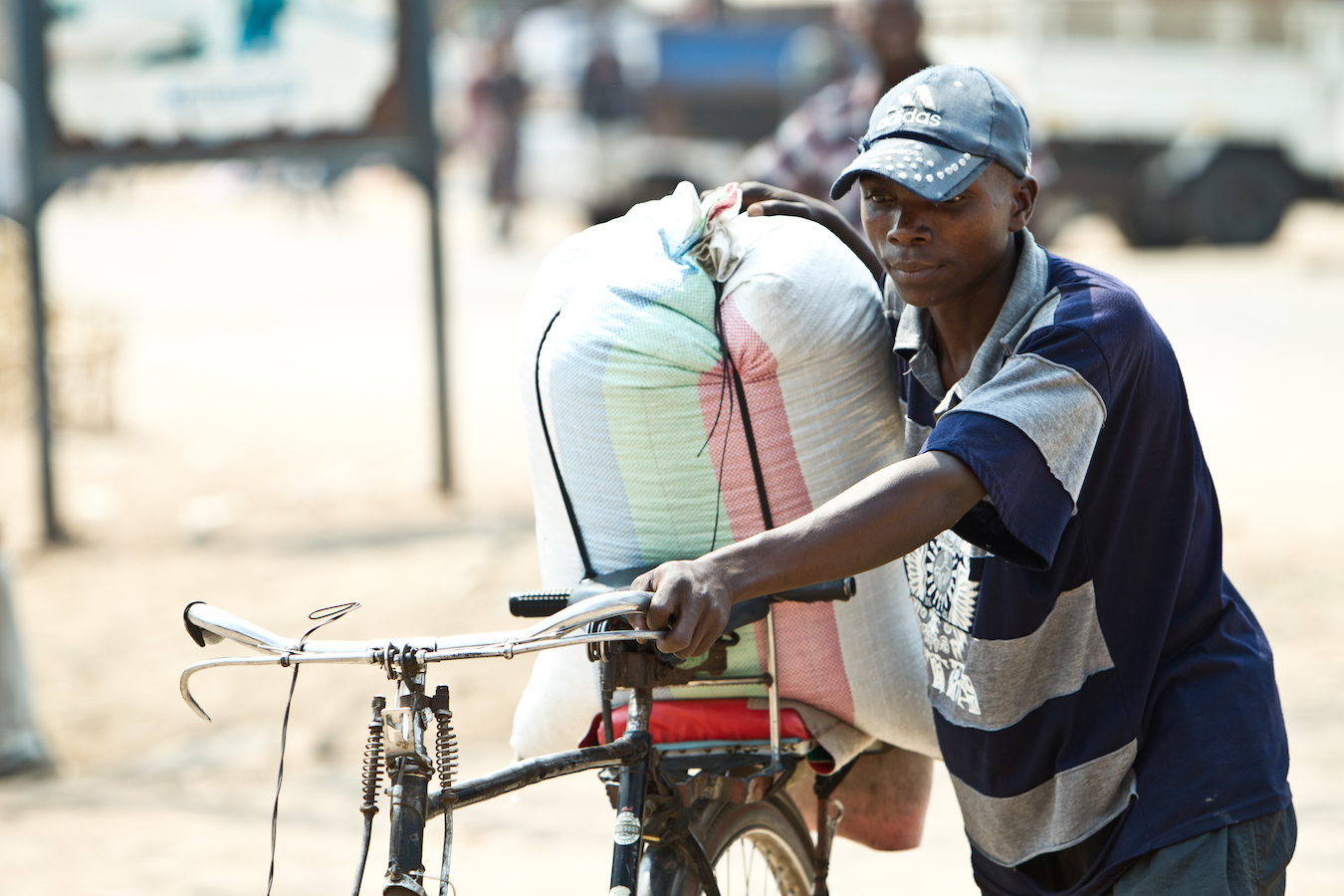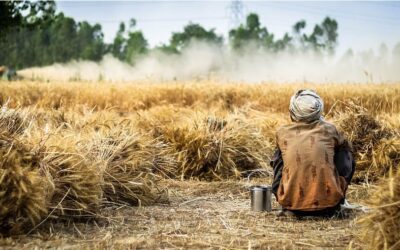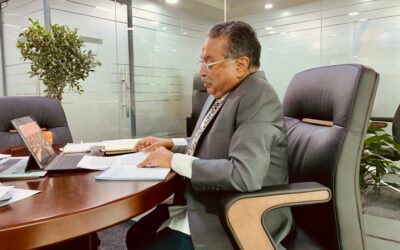Ghana’s Planting for Food & Jobs strengthened by input supply

Six months ago, I was in Accra for the African Green Revolution Forum (AGRF), a fitting location considering that Ghana’s admirable record of poverty reduction over the last two decades has largely stemmed from strong agricultural performance – a reduction of 24 percentage points over 15 years. Furthermore, in 2017, Ghana launched the flagship ‘Planting for Food and Jobs (PFJ) Programme.’ This programme was designed to revamp Ghana’s agricultural sector by increasing food production and ensuring food security in the country, while simultaneously reducing import bills, especially in staples. Merely one year later, in 2018, Ghana experienced bumper harvests in maize and reportedly did not import a single kernel.
Hearing H.E Nana Addo Dankwa Akufo-Addo, President of Ghana, speak at the AGRF’s Presidential Summit about this success, which had also resulted in a reduction in the import of other grains, made me feel inspired and hopeful that African leaders were making solid policy and financing commitments towards catalysing agricultural growth as an antidote to poverty. Ghana is one of four African countries that in 2020 met or surpassed the benchmark of being on track towards achieving the commitments of the Malabo Declaration by 2025, primarily a 10% investment of the national budget in agriculture.
Agriculture forms the backbone of the Ghanaian economy, contributing approximately one-fifth of the GDP, and employing over 40% of the population. The PFJ Programme addresses the dwindling productivity of Ghana’s agricultural sector by focusing on five aspects: the supply of high-yield seed varieties to farmers at a 50% subsidy; the supply of fertiliser at a 50% subsidy; the provision of free extension services to ensure correct administering of inputs; the creation of market opportunities for produce and reduction of post-harvest losses; and E-Agriculture, an IT platform that would maintain a database of farmers and track their progress. The target is to reach 1.5 million farmers by the end of 2020 in all 216 districts across the value chains of rice, maize, sorghum, soya bean, groundnut and selected vegetables.
ETC Agro (ETG’s domestic avatar in Ghana) was incorporated in 2010 with the goal of ensuring affordable yet highly efficacious fertilisers reach the doorsteps of farmers throughout the country. It is one of the dozen companies that have been allocated quotas to participate in the National Fertiliser Subsidy Programme, allowing for distribution to different regions and districts and sale to farmers through registered retail outlets. It was impressive to see the government’s recognition of the private sector’s role in the PFJ Programme and the active involvement of so many agribusinesses. Although the Programme was designed and driven by the public sector, the delivery of key inputs are being done by the private sector. It is reported that the increased access to sufficient fertiliser and certified seeds has resulted in dramatic improvement in rice production, especially in the northern regions, with yields increasing from 2.7 MT to 4 MT per hectare.
Hand in hand with adequate accessibility to quality inputs goes the necessary support system to build farmer capacity in facilitating fertiliser adoption and good agronomic practices. In this regard, ETC Agro Ghana is setting up demo-farms in the coming season to help farmers with the right application of fertilisers and other agricultural inputs. Part of the company’s mandate is to provide crucial education and extension on the correct and balanced use of fertilisers, suitable combinations of nutrients for different kinds of soils, required dosages, the appropriate time and method of application, and optimum patterns of sowing (as dictated by prevailing soil and weather conditions). The demonstration of the crop, product and farming methods showcase the effectiveness of input products, facilitate the adoption of new products and techniques, and highlight good and efficient agricultural practices.
The company is also part of the African Fertilizer and Agri-Business Partnership to allow more farmers to have access to fertilisers on credit. However, the partnership with AFAP goes beyond credit; it also creates awareness of the mechanism and other opportunities available to distributors, retailers and to the farmers themselves. Additionally, ETC Agro is currently expanding its business to include specialty fertilisers for specific crops and are liaising with personnel from the Plant Protection and Regulatory Services of Ghana at the Ministry of Food and Agriculture, to help ensure that corporate and block farms do not apply blanket fertilizers for all crops.
Sub-Saharan Africa has by far the lowest usage of fertilisers compared to other regions of the world, attributable to transaction costs, accessibility, and the lack of suitable transport and storage infrastructure. Sustainable agriculture depends as much on good soil health – comprising acidity, structure, and biodiversity – as it does on adequate fertiliser use. Healthy soils, with sufficient organic matter, are the key to increased agricultural productivity and food security. This requires investments in both organic and inorganic fertilisers. The aspect of inputs, however, is still just one piece of a bigger puzzle.
To bring about inclusive, responsible and sustainable development in the agricultural sector, equal attention needs to be paid to the other facets of a robust agricultural ecosystem – farmer access to information, finance and markets. My vision is that agricultural development is integrated and holistic, and incrementally tackles each of these different dimensions in a strategic manner with measurable outcomes. If the Planting for Food and Jobs Programme achieves what it sets out to do, it could form a model for the rest of Africa.
Continue Reading
World Environment Day – Revisiting “Only One Earth”
Climate change is real. It affects developing nations disproportionately as compared to developed nations. Developing nations should not wait for help to do good for the environment but work towards ensuring that these challenges are met headlong. They should know that sustainability goals and development is not mutually exclusive.
World Food Crisis – How Africa can be the long-term solution
Africa has abundant resources to be the food factory for the world. This holds true especially for vegetable oil crops such as Sunflower, palm, soybean and rapeseed. Tanzania provides ideal conditions for growing sunflower at scale and supply it’s oil to the major consuming nations such as India.
Earth Day – Rising to the challenge of saving ourselves
We need to find solutions to ensure we can not just stop but reverse climate change. One solution is regenerative agriculture that can not only improve the yields for the farmers, but also reduce their carbon footprint.




0 Comments